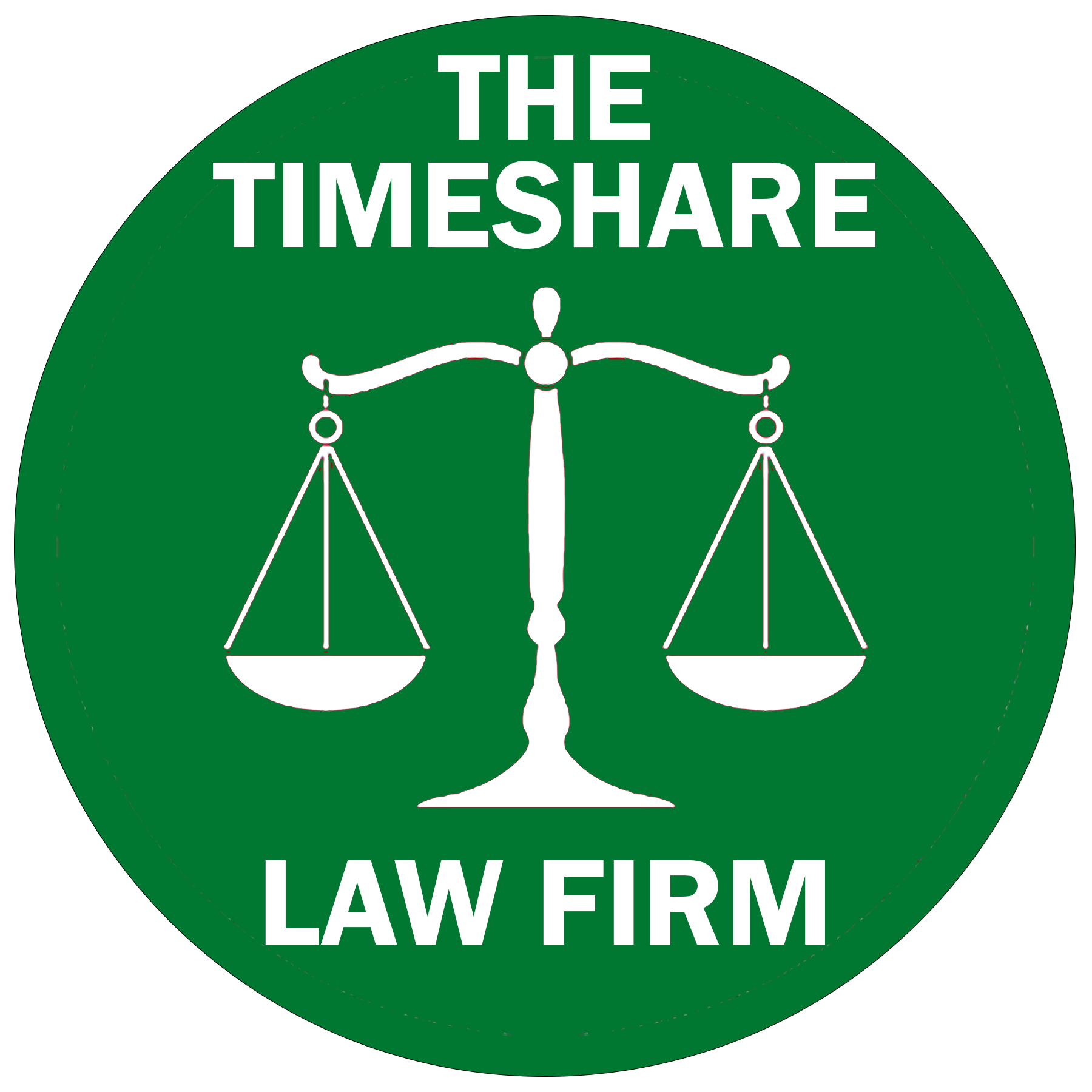Recent headlines have been flooded with news of scam artists involved in fraudulent timeshare resale scams. The good news is that in these cases, the schemes were uncovered and future victims saved millions of dollars.
Last month, six Las Vegas residents were indicted in a timeshare scam involving at least 15 elderly victims.
Several weeks ago, three Central Florida men pled guilty as part of a plea deal to defrauding elderly timeshare owners out of over $25 million between 2009 and 2010.
Just recently, a gang of European fraudsters were sentenced to 48 years in prison for scamming 38 people in a 1 million pound Spanish timeshare scheme that ran over 2 years.
These stories are just a few examples of the schemes where the perpetrators were caught. The bad news is that there are many other scam artists still out there, who have not nor will ever be caught.
All timeshare owners are weighed down from the financial burden of yearly maintenance fees and some have additional costs in the form of special assessments. In addition, many owners have large balance, high interest mortgages that continue to compound. Coupled with the realization that even death cannot relieve timeshare owners of their liabilities because the debt transfers onto their children and heirs, many distraught timeshare owners soon fall into the vulnerability of desperation.
And, as we all know, vulnerability plus desperation too often opens the doors to Predators.
Timeshare resale scams have been on the rise as predators have tapped into the market of vulnerable timeshare owners hoping to cut their losses by selling their “investment.” Earlier this year, the FBI’s Internet Crime Complaint Center issued an official alert on timeshare telemarketing scams after noticing a considerable increase in the number of complaints about these scams.
Usually, fraud schemes such as those centering on timeshare resale scams are handled by state law enforcement and prosecuted by the state attorney general’s office. Only when there is evidence that fraud has extended across state laws, affected a large number of victims, or has
an element of organized crime involved, can the FBI involve itself. Even more frustrating is the requirement of evidence, as many timeshare scam artists have protected themselves with new technology.
As technology grows, so do the elaborate schemes of scam artists. Technology offers scammers new methods of conducting business, in ways that appear legitimate but are actually more untraceable and dangerous than ever before. With technological advancement and the convenience of globalization, timeshare fraudsters can conduct business from remote places in the world, utilizing fake business names, licenses, and identities that appear very real. Only after millions of dollars have been stolen can the real identities of the scam artists become uncovered, and by then it is usually too late as the predator—and the millions of dollars—have disappeared without a trace.
Once the scam artists are gone, it is usually impossible to locate them, and even more impossible to prosecute them. Jurisdictional limits and evidential requirements prevent many known scam artists from ever facing charges. Simply put, they are called scam “artists” because their ability to vanish is indeed an art. Since law enforcement can only intervene in specific circumstances, the reality is that too many of these predators are never caught and they continue to prey on unknowing vulnerable people.
Timeshare resale scams are real—and prevalent. If you are stuck with a timeshare, do not fall victim to one of these elaborate schemes. Do your own research, find out what other alternatives may exist—for example, timeshare divestment or cancellation as opposed to timeshare resale—and heed these three simple warning signs:
1. Be wary of firms/brokers/companies who contact YOU—especially if you have recently advertised a timeshare for resale.
2. Take your time and do not succumb to pressure—Do not fall victim to high-pressure sales tactics and time limits. Remember that legitimate firms and brokers encourage you to seek advice from trusted sources before signing any paperwork or paying any money.
3. ALWAYS be wary of up-front fees! Scam artists rely on upfront fees and your trust to make their money.
Remember that you are your best asset! Do you own research! Make sure you know who you are dealing with and do not pay a single penny until you are sure you are working with a legitimate firm.
If you need help getting out of a timeshare (if you can not sell a timeshare, you may need a consumer-friendly contingent flat rate fee to cancel a timeshare contract), you can contact The Abrams Firm at (360) 918-8196 for a free consultation. We are Consumer Protection Attorneys that ensure your protection by NEVER charging ANY upfront fees.
Answering all the Needs of Timeshare Owners that have been identified by Consumer Protectorates, including Government Regulators from the FTC, Attorney General Offices and Justice Departments.
The Contents of this website, TCPAA.org, and any linked websites, may involve work product of Consumer Attorneys, but nothing shall constitute legal representation nor any legal advisement, and all such content is purely informational.


Comments are closed